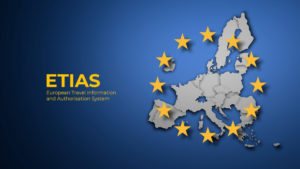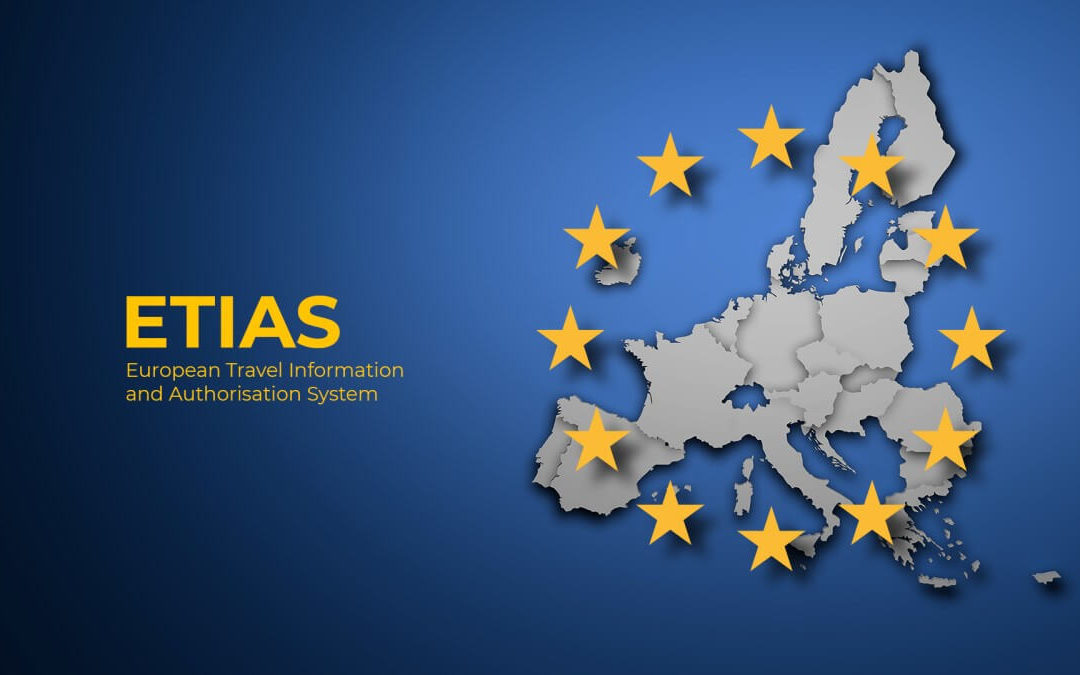
Starting in “mid-2025,” Americans will need one more document in order to enter countries in the European Union.
To visit, you’ll have to apply for approval under the European Travel Information and Authorization System (ETIAS). You will apply online, and the authorization, which will be linked to your passport, will account for short-term stays, including up to 90 days in a 180-day period.
This had been planned to be in effect till 2024, but in October, the European Union updated their page on ETIAS to indicate it won’t happen till the middle of 2025, confirming rumors of a delay. European Commission spokesperson for home affairs Anitta Hipper had told Kiplinger in late September, “The Commission
In addition to adding some hassle, this requirement will make a family vacation slightly more expensive. Applications will cost 7 euros, which right now is close to $8. However, applications for people under 18 or over 70 years old are free. There are also some exemptions for those who have EU citizen family members and “non-EU nationals who have the right to move freely throughout the European Union.”
The good news is that once you’re approved, the authorization lasts for three years. But if your passport expires within those three years, you’ll need to apply again.
Email is important to this process. You apply online, and then receive an email confirming your application. That email “will include your unique ETIAS application number: make sure you keep this number for future reference,” the ETIAS website says. You will get another email once your application is processed.
If your application gets rejected, the email will have the reasons for it. You will have the option to appeal a rejection.
To fill in the application, you’ll need some basic information. This includes your name, address, passport information, current occupation, as well as information about past travel to conflict zones and criminal convictions. You will also have to share information about your travel plans, as well as answer questions about if you have relatives who are citizens in Europe. The application will not require any health information or biometric data, like fingerprints.
One more thing to look out for: ETIAS warned this spring that many unofficial ETIAS websites have sprung up. ETIAS says these sites have incorrect information and some “already collect travellers’ personal data, which is concerning.” Protect your identity by only using the official ETIAS website.
This is a big change for Americans, since there hasn’t been a visa requirement to visit EU countries before. Keep this in mind before your big trip to Greece, Italy, France, or any of the other 30 Euro nations.
But, Cameron Hewitt, content and editorial director at Rick Steves’ Europe, told the Washington Post: “It certainly shouldn’t cause anyone to rethink a trip to Europe. From what we know, ETIAS looks like it’ll simply be a manageable bit of red tape.”

